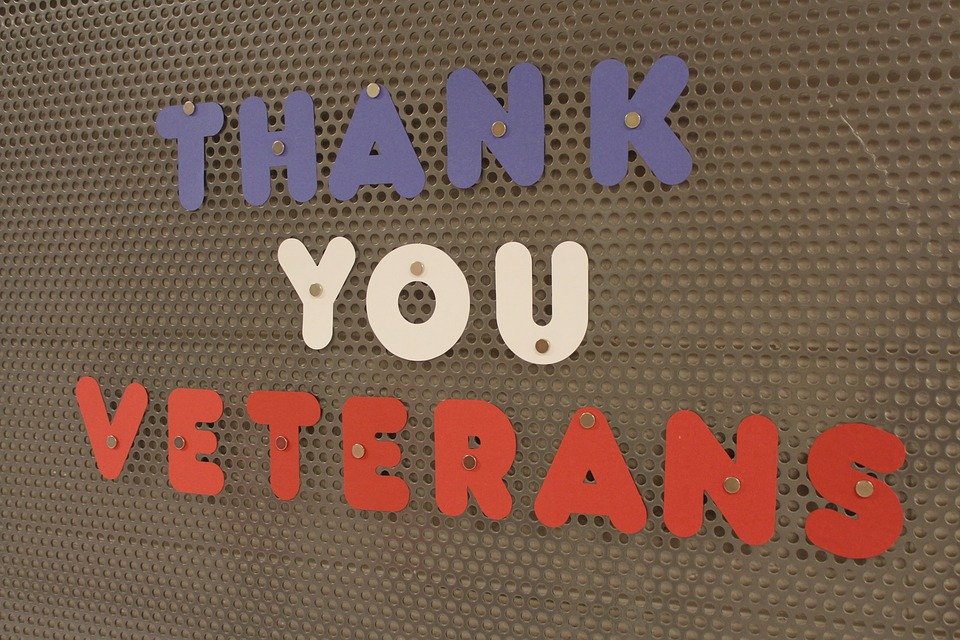
Today is Veterans Day. I wanted to take a few moments to highlight a special need for many Veterans: cancer care. Many Veterans are at increased risk for developing cancer just because they did their job protecting our country. There are approximately 45,000 new cancer cases in Veterans reported annually. As the Veteran population continues to age, this number will continue to rise. This is an unexpected risk of military service. A soldier may have a much broader understanding of their risk of peril while serving an active combat mission. That soldier likely didn’t think about his or her risk of developing a life-threatening cancer, 20 years later, as a result of exposure to chemicals and radiation.
Exposure related cancers have been occurring in the Veteran population since WWI (with the use of nitrogen and sulfur mustard). Hundreds of thousands of WWII veterans were potentially exposed to radiation after the dropping of atomic bombs in Hiroshima and Nagasaki. Most have heard of Agent Orange, and its use as an herbicide during the Vietnam War. Agent Orange exposure has been linked to many types of cancer including lymphoma, Hodgkin lymphoma, multiple myeloma, lung cancer, prostate cancer, and chronic lymphocytic leukemia. Gulf War Veterans have been shown to have a higher risk of lung and brain cancers; possibly as a result of exposure to nerve gas, smoke from burning oil wells, and pesticides. Even more Veterans have been exposed to asbestos, putting them at a higher risk of developing mesothelioma. The link between service to our country and increased cancer risk is one that we cannot ignore. You can learn more about cancer risk and military service here.
There are many services available to help Veterans access healthcare services. The first step is to find out if the Veteran qualifies for services. Most Veterans do qualify for some level of health care coverage, which is based on their service history, injuries they may have sustained in combat or service, and that they were not dishonorably discharged from the service. To start the application process, call 1-877-222-VETS or go to www.va.gov/healthbenefits. Be sure to have as much information about your military service history as you can, as well as any potential exposures to cancer causing agents while you were serving. You do not need your DD214 (discharge summary) to apply for benefits. However, you can order one through www.archives.gov/veterans.
Remember that receiving VA associated health benefits also typically means receiving medical care at a VA hospital. If the VA hospital is unable to provide a needed service, the VA is responsible for coordinating care at another treatment site that can provide those needed healthcare services—this includes access to clinical trials.
You can also help a Veteran with cancer! Sometimes, Veterans live some distance from their treatment centers. The Disabled American Veterans (DAV), operates a fleet of vehicles staffed by volunteer drivers. You can get involved as a volunteer driver by calling the DAV at 877-426-2638. Please be aware that due to the COVID-19 pandemic these services may be limited or suspended. DAV also sponsors hospital volunteer programs and other mechanisms for saying thanks to a veteran through their volunteer programs.
There are also other opportunities to get involved in helping our Veterans through, www.veteransinc.org, or through the American Legion, www.legion.org.
Remember to thank Veterans not only today but every day, for their sacrifice, selflessness, and willingness to put themselves in harm’s way to protect our freedom. THANK YOU!